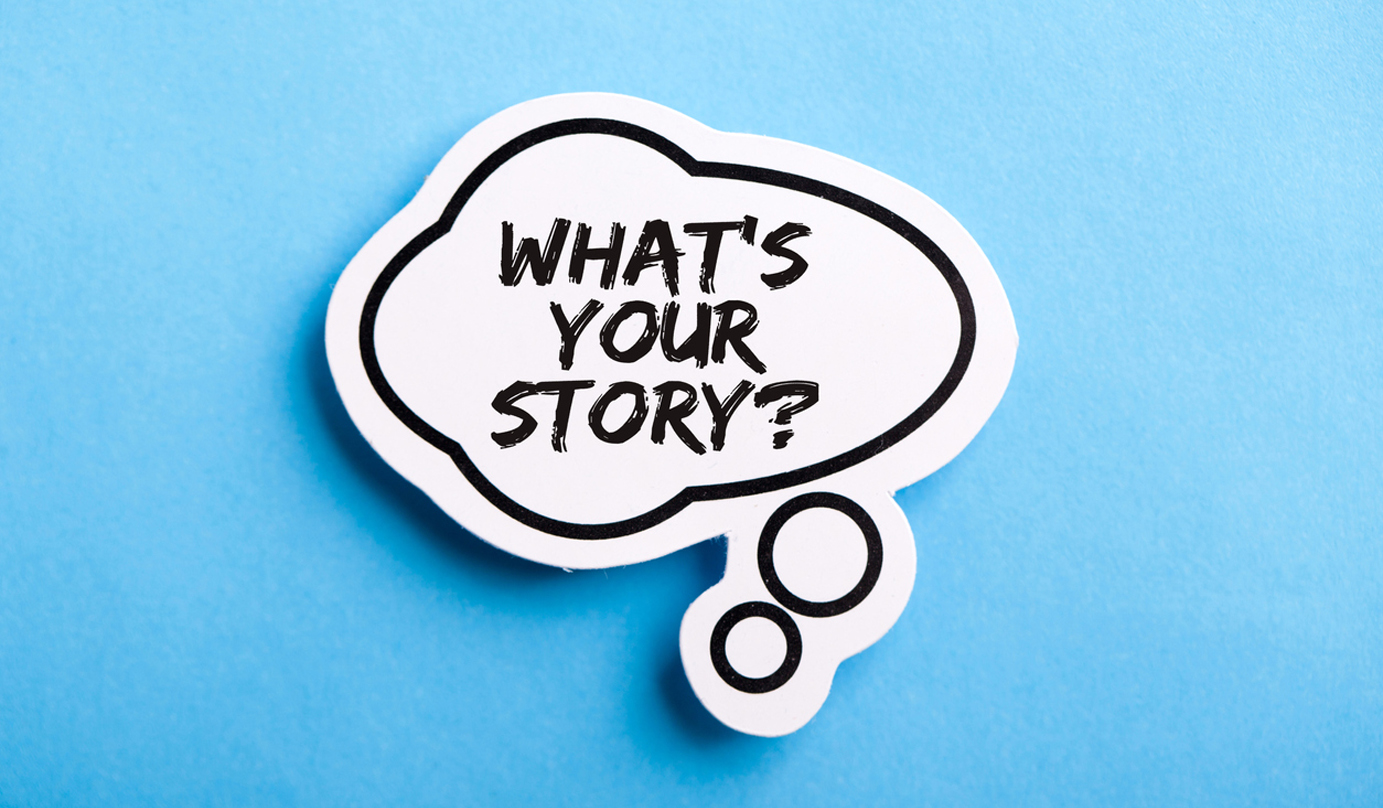
There are many ways to enjoy stories. We can read them from printed books or we can scroll through them on our tablets. Modern day stories can be shared in the form of a podcast, movie, TV show, play, live stream, and many more mediums. There are many ways to share and read stories nowadays.

But stories are not new. Stories were around long before people began to transcribe them. They have been told verbally since ancient times. These oral stories can be found in cultures in all four corners of the world. Storytelling is universal.

Stories used to be shared by unlettered storytellers without a writing system or anything parallel to it. To make remembering them easier, some stories were transmitted in the form of poems and songs. Certain sounds were repeated to make memorizing them easier. The storytellers were also known to personalize their stories, and they added in other elements too.

Although oral stories can be told for enjoyment and leisure, they also serve some important functions. Oral tradition or oral lore refers to a group's information, knowledge, and memories. The oral traditions are passed down to the next generation, preserving a lot of human history. This makes it different from oral history or testimonies. Oral history involves interviewing people who took part in historical events. These two terms are very different.

Oral literature, like its name suggests, is literature that is shared verbally or sung as opposed to being written. The term oral literature is often interchangeable with folklore. Folklore is a kind of oral tradition. Folklore can convey culture through dances, songs, stories, legends, and much more.

The people that tell the oral stories will pass on with time. Or perhaps these people will join mainstream culture and stop passing on these stories. Since the stories are passed on verbally, if the people stop sharing them, there is no way to get them back. These stories will leave the world along with the people that know them.

Folklorists study different oral performances and document them before they are gone forever. Although folklorists work to preserve oral literature, there are other concerns as well. Much of this folklore changes with time and generations. When these stories are preserved, they lose the ability to evolve and change. The version that is preserved could be the last.

You don't have to look far for oral literature. Oral discourse is all around us. Think about the scary and creepy stories that are told around the campfire. Or lullabies that are sung to put babies and children to sleep. Even riddles and tongue twisters are oral performances.

Deaf culture refers to the beliefs, values, norms, and way things are done which are shared by those affected by deafness. For example, within the culture, a light touch to get someone's attention is acceptable even if you do not know them. People who are deaf communicate with others by using sign language. Even though culture and traditions are not shared orally, their manual method of sharing is still thought of as oral literature.

Are you a good storyteller? Are you ready to spin a good yarn? No, it does not mean to make your own sweater. It has nothing to do with knitting. To spin a yarn means to tell a story that is not true. If you want to write a good story, make sure you love the story you are telling. The writer's passion is key to a good story. Your story could be shared for many years to come!